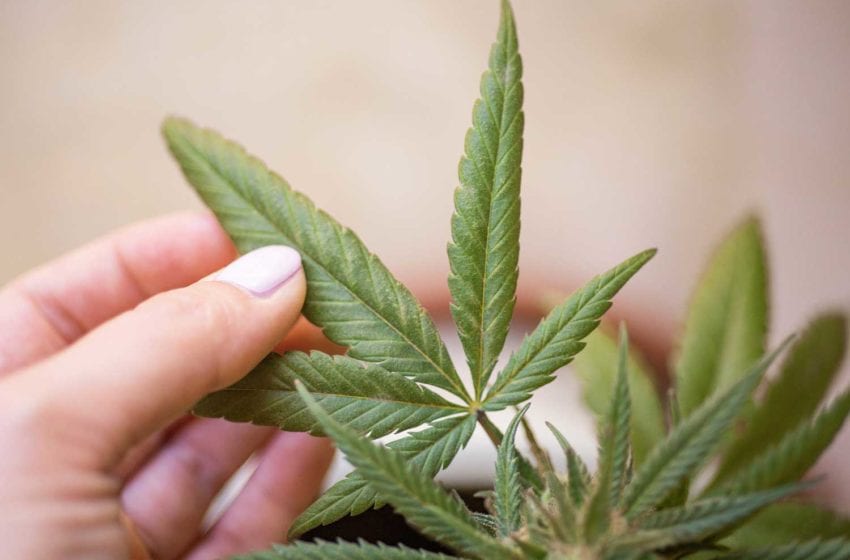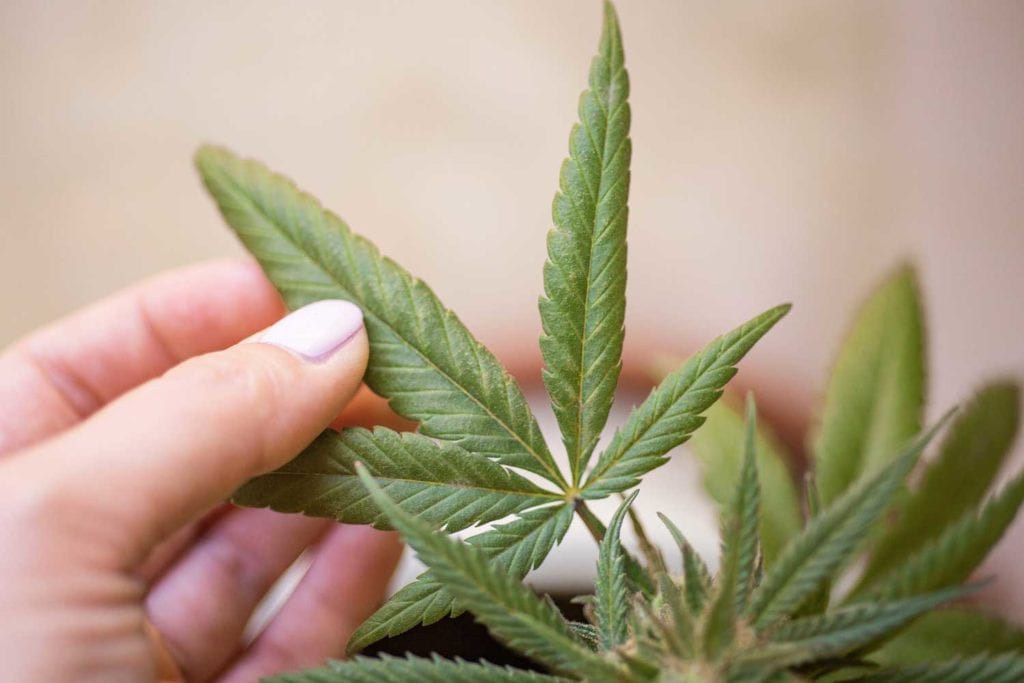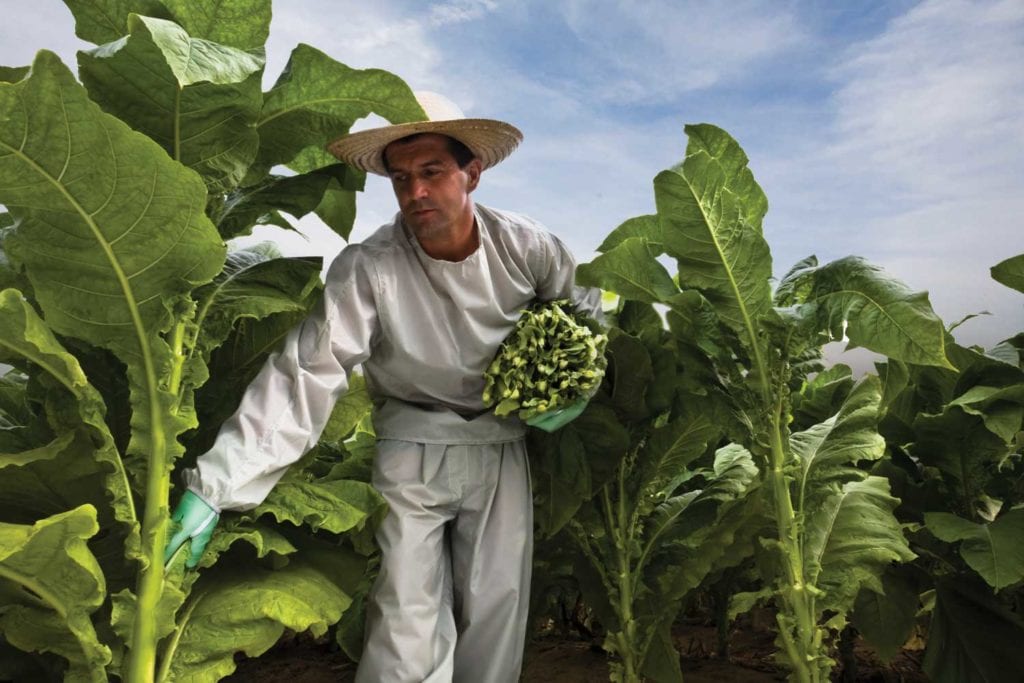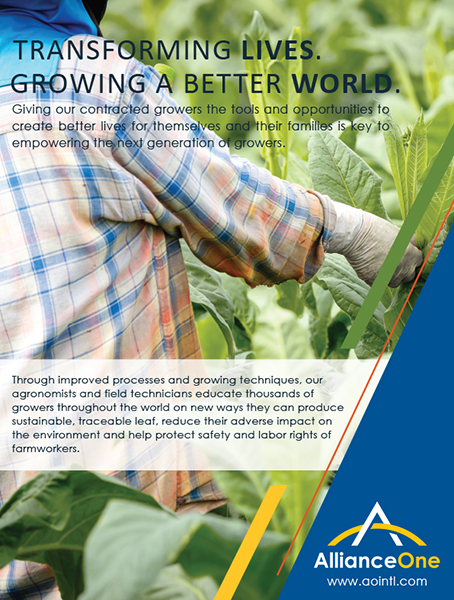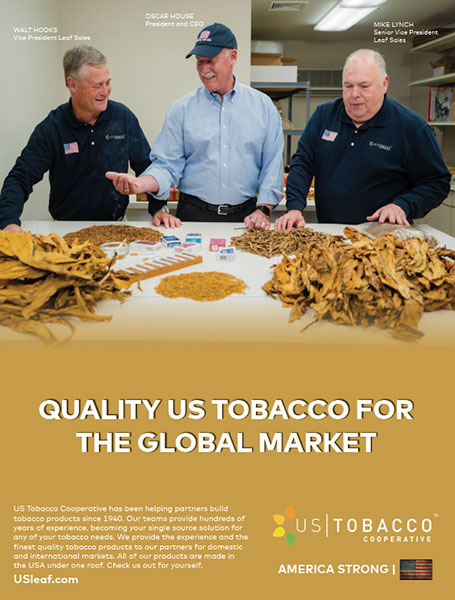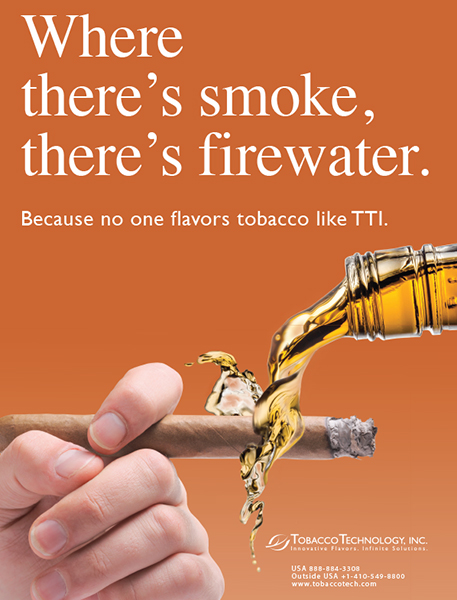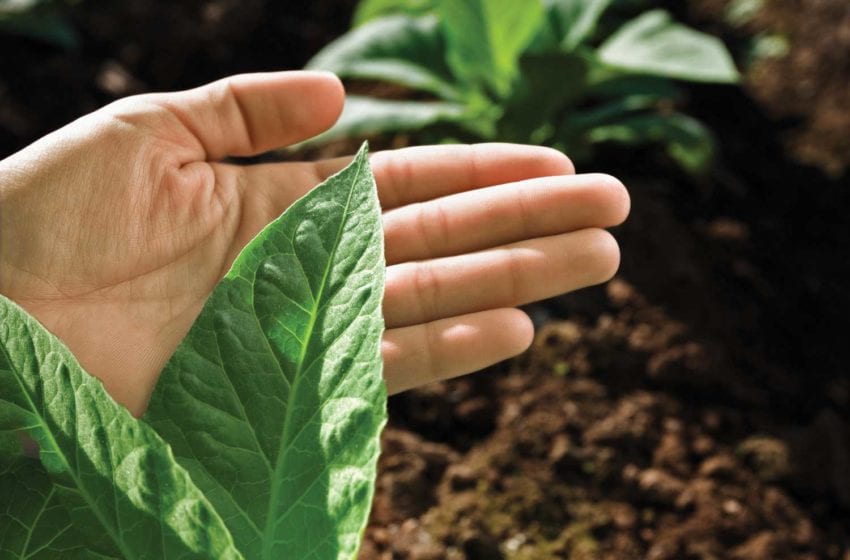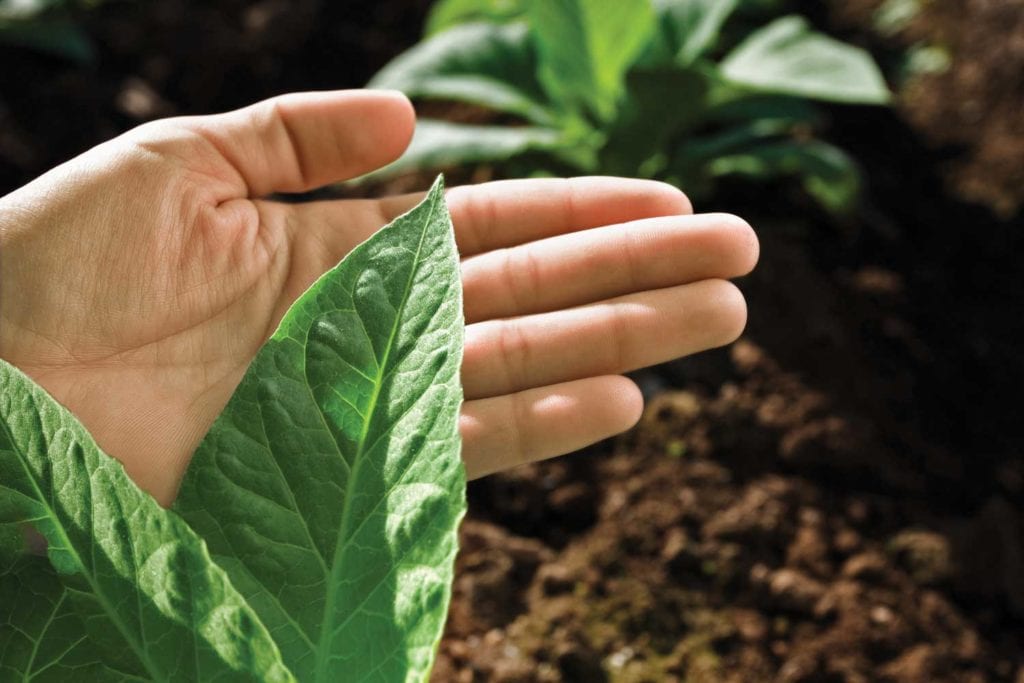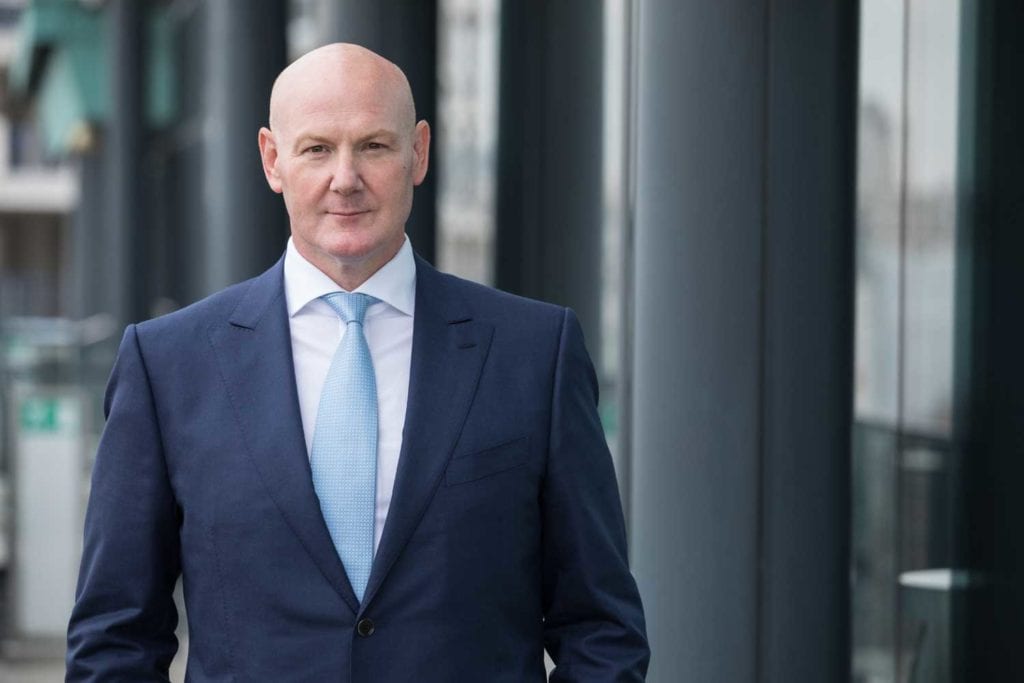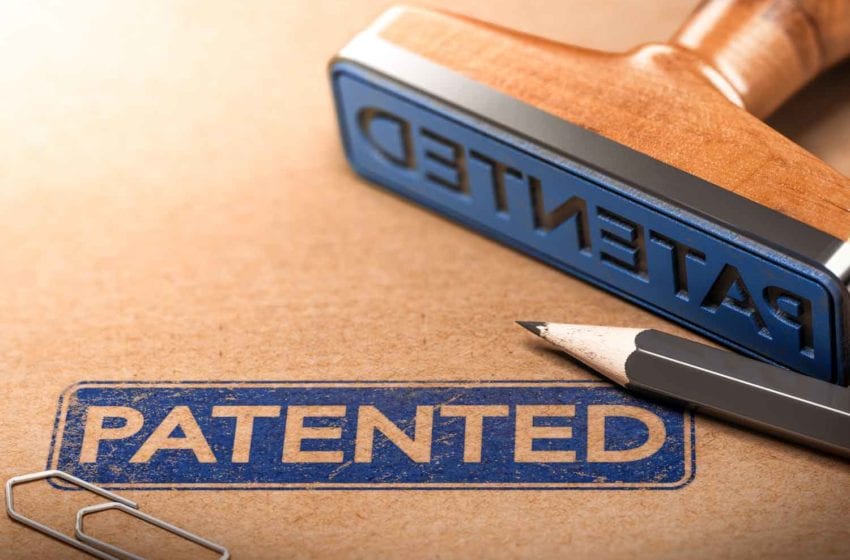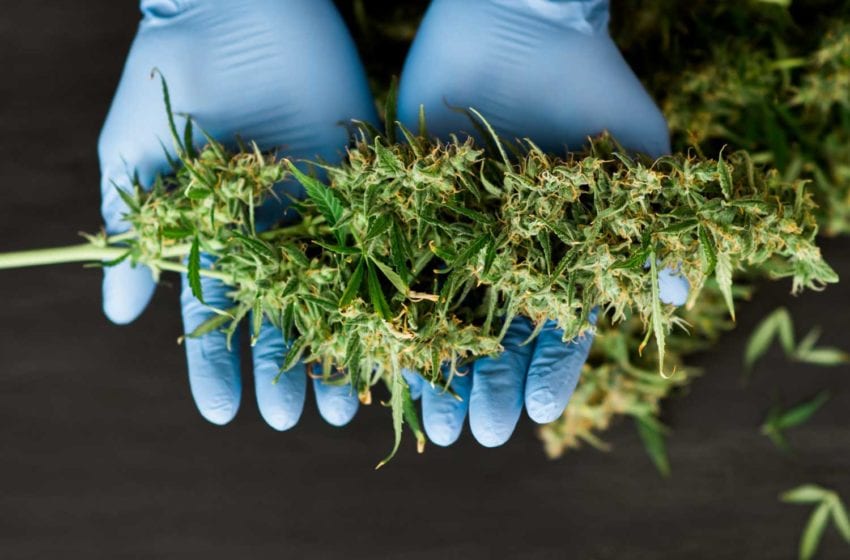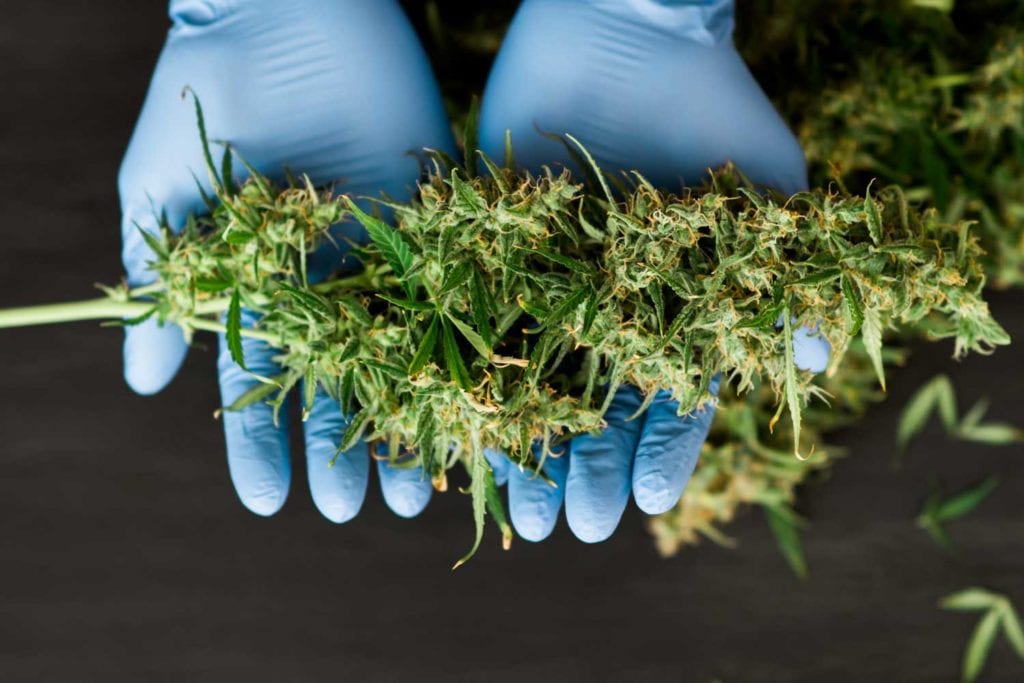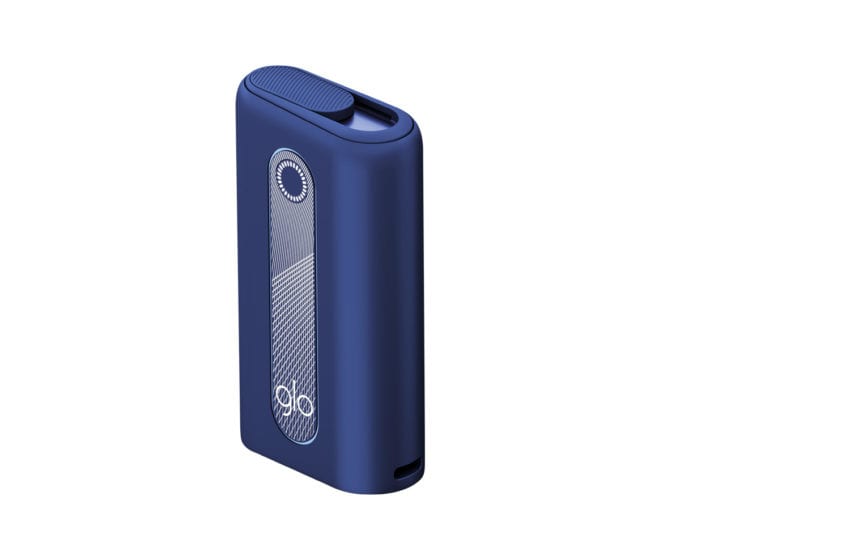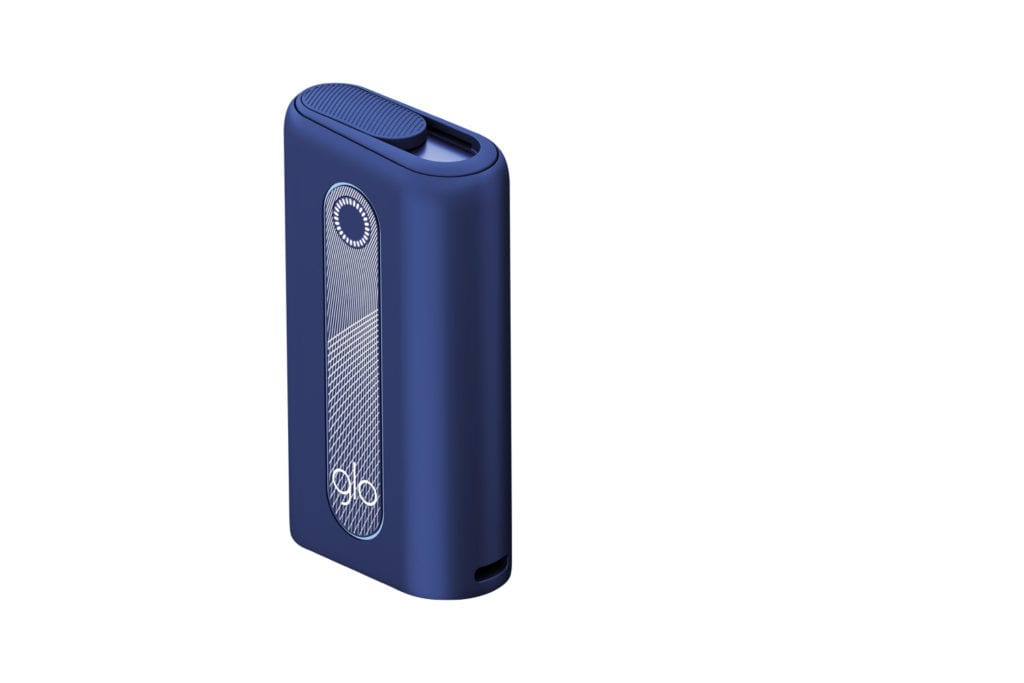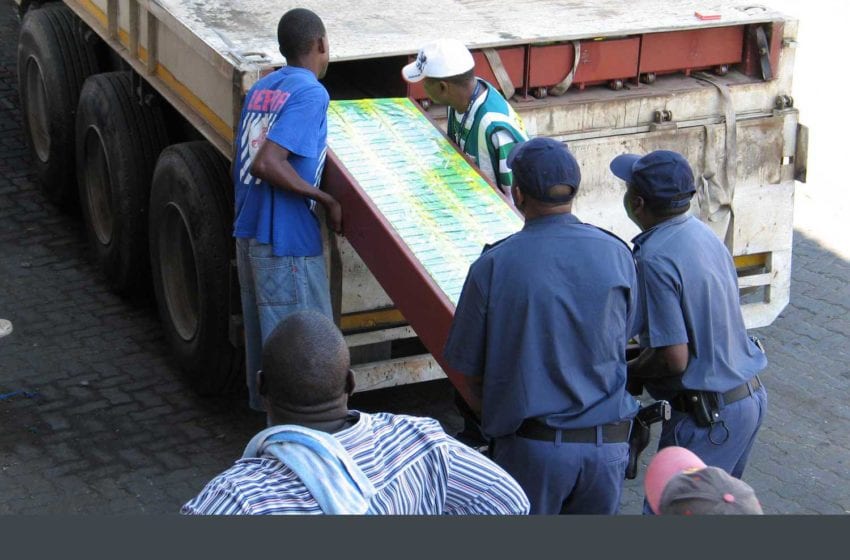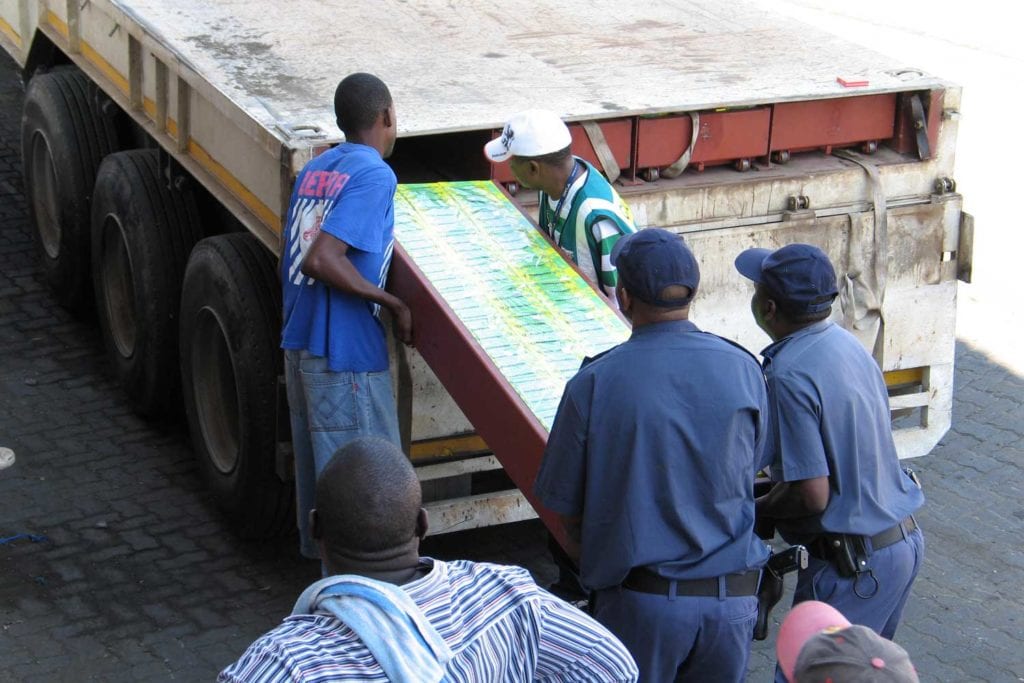
Luc Jobin succeeds Richard Burrows as chairman of BAT today. Jobin joined the BAT board in 2017 as an independent nonexecutive director. His previous positions include president and CEO of Canadian National Railway Co., executive vice president of Power Corp. of Canada and CEO of Imperial Tobacco Canada.
Speaking at BAT’s annual general meeting, Burrows said his successor would inherit “a strong business that is transforming, has excellent momentum and is well placed to deliver sustainable growth for many years.”
BAT delivered constant currency revenue growth of 3.3 percent, above its revised 1 percent to 3 percent guidance range. On a constant currency adjusted basis, profit from operations grew by 4.8 percent. Operating margin grew by 100 basis points to 44.1 percent including the impact of currencies.
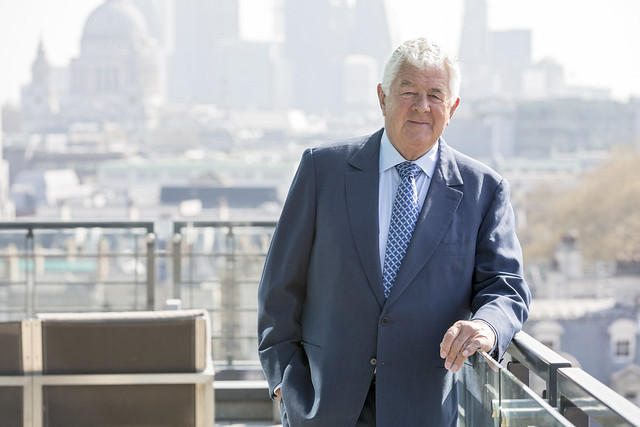
BAT is well positioned for future success with Luc as chairman and Jack Bowles as chief executive.
Richard Burrows
Reduced-risk “new category” products delivered £1.4 billion ($1.94 billion) in revenues in 2020, representing 15 percent growth at constant rates compared with 2019. The company is on track to meet its £5 billion new category revenue ambition by 2025.
Burrows expressed strong confidence in BAT’s future under Jobin’s leadership.
“Luc brings a wealth of experience, including significant financial, regulatory and consumer business acumen. Having worked closely with him in his role as a nonexecutive director over the last three years, I know that BAT is well positioned for future success with Luc as chairman and Jack Bowles as chief executive,” he said in a statement.
“I retire as chairman with many fond memories and the last year, in particular, has demonstrated the unwavering resolve of the people in BAT. From every level in the business, right through to our management board, ambition, talent, passion and enthusiasm are what drives BAT’s delivery. I look forward to the company’s continued success.”


